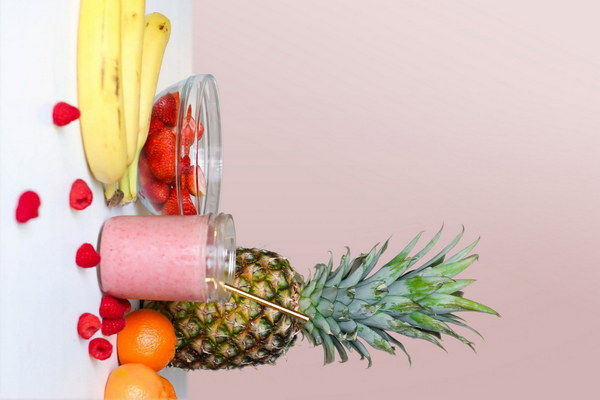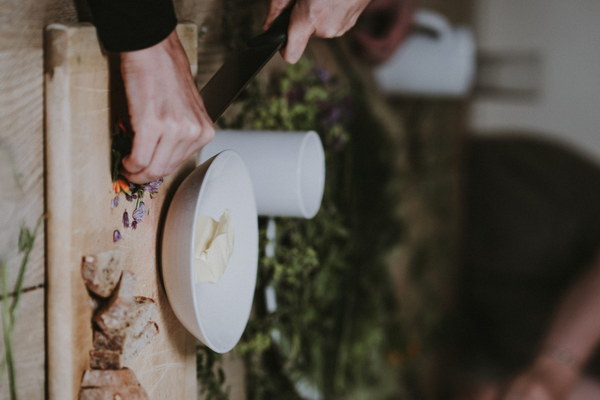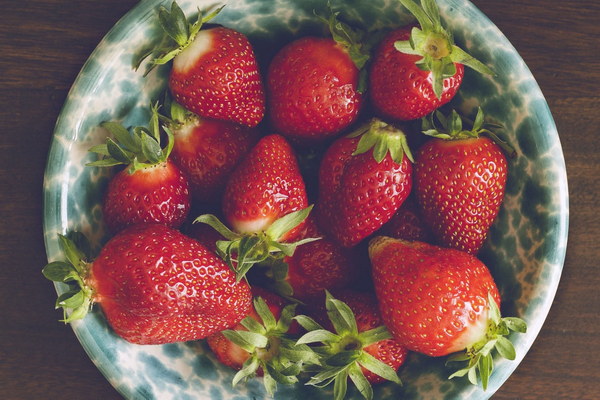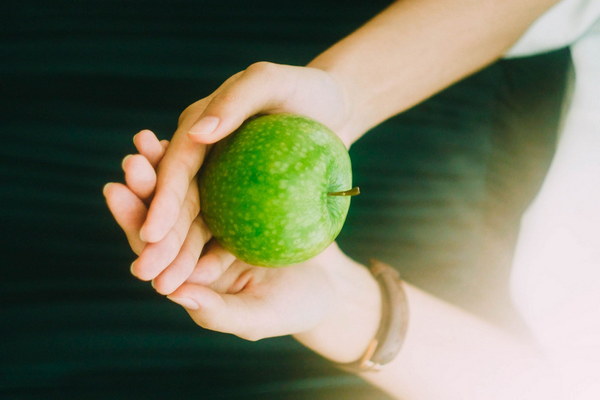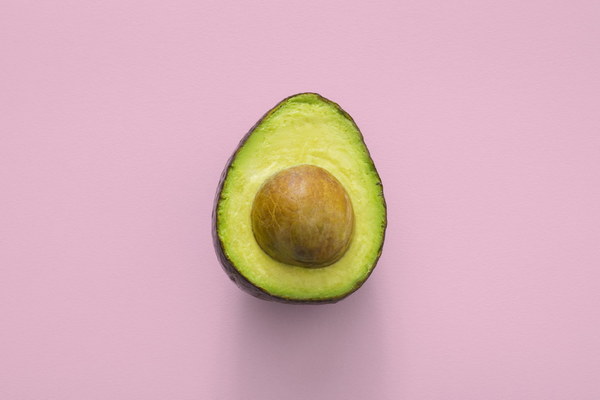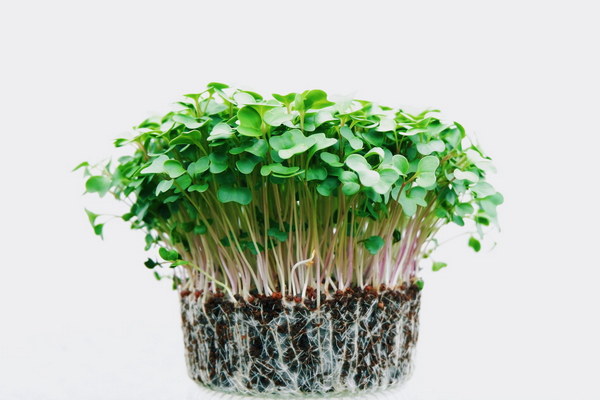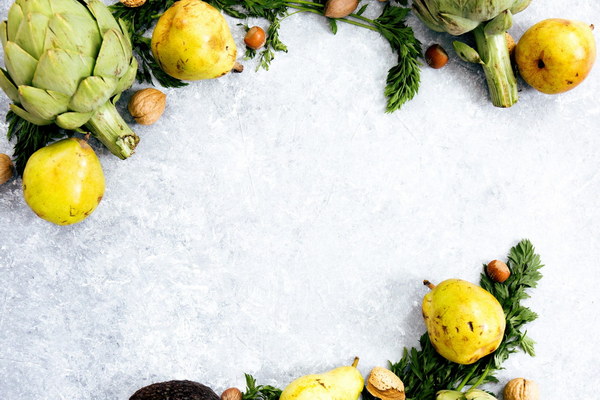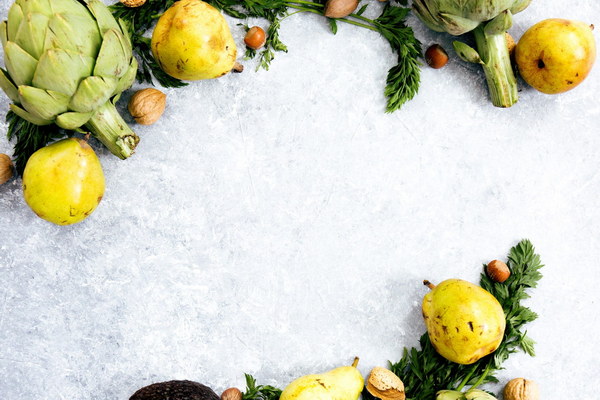Are Elderly People Benefited by Eating lotus Seeds for Their Stomach Health
In recent years, lotus seeds have gained popularity for their numerous health benefits. As a traditional Chinese food, they are believed to have a variety of medicinal properties, especially for the stomach. But are elderly people truly benefited by eating lotus seeds for their stomach health? Let's delve into the topic and find out.
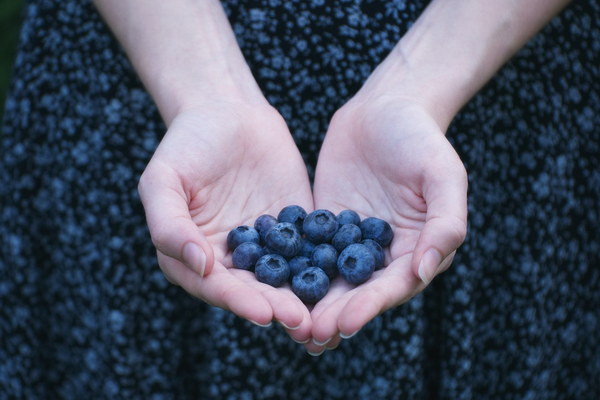
Lotus seeds, also known as lianzi in Chinese, are the seeds of the lotus plant. They have been used in traditional Chinese medicine for centuries. These seeds are rich in protein, dietary fiber, and various vitamins and minerals, making them a nutritious choice for people of all ages, including the elderly.
Firstly, lotus seeds are believed to help improve stomach health. They contain a substance called proanthocyanidin, which has anti-inflammatory and analgesic properties. This can help alleviate stomach pain and inflammation, making it a good choice for elderly people with stomach issues.
Secondly, the dietary fiber in lotus seeds can help promote digestion and prevent constipation, which is a common problem among the elderly. Regular consumption of lotus seeds can help maintain a healthy digestive system and prevent gastrointestinal diseases.
Moreover, lotus seeds are also known for their calming effects. They contain a compound called nuciferine, which can help reduce anxiety and improve sleep quality. Since many elderly people experience sleep disturbances and anxiety, incorporating lotus seeds into their diet may help alleviate these symptoms.
However, it's important to note that while lotus seeds offer numerous benefits, they may not be suitable for everyone. Here are a few considerations for elderly people considering adding lotus seeds to their diet:
1. Allergies: Some individuals may be allergic to lotus seeds. If you or a loved one has a known allergy to lotus seeds, it's best to avoid consuming them.
2. Stomach ulcers: Lotus seeds contain tannins, which can irritate the stomach lining and worsen stomach ulcers. If you have a stomach ulcer, it's advisable to consult a healthcare professional before consuming lotus seeds.
3. Medication interactions: Some medications, such as anticoagulants and blood pressure medications, may interact with lotus seeds. It's important to discuss your diet with your healthcare provider to ensure that adding lotus seeds won't interfere with your medication.
4. Quality and preparation: When purchasing lotus seeds, make sure they are fresh and of good quality. Properly preparing and cooking lotus seeds is crucial to ensure they are safe and effective.
In conclusion, elderly people can indeed benefit from eating lotus seeds for their stomach health. However, it's important to consider individual health conditions and consult with a healthcare provider before incorporating lotus seeds into your diet. With proper preparation and moderation, lotus seeds can be a nutritious and beneficial addition to an elderly person's diet.
